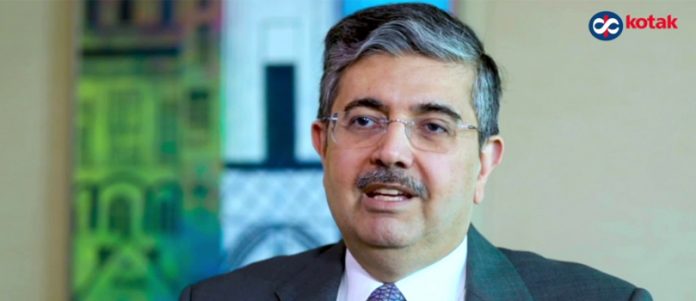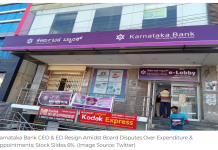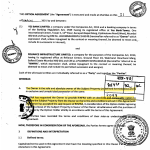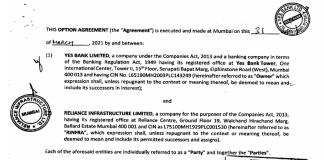Viswanath Pilla@viswanath_pilla
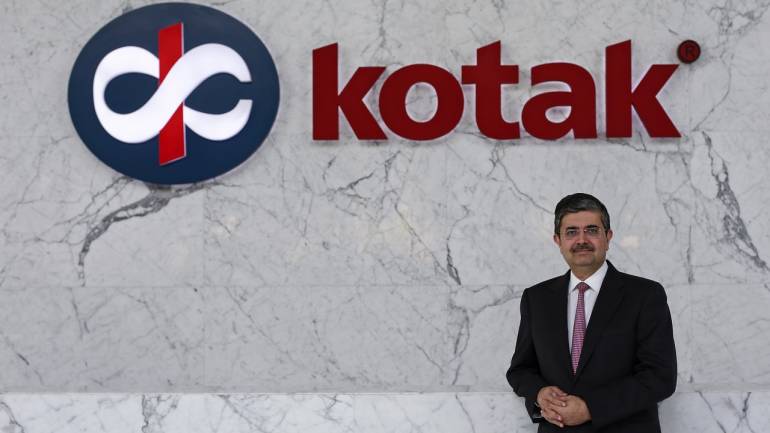
Experts who participated in a panel discussion on CNBC-Awaaz on the Kotak Mahindra Bank-Reserve Bank of India (RBI) dispute over promoter stake dilution feel the bank’s promoters need to comply with regulations in spirit and not just in letter.
The Bombay High Court on April 22 adjourned hearing in the Kotak Mahindra Bank versus RBI case to January 9, 2020, citing ‘paucity of time’.
Kotak Mahindra Bank in December 2018 had moved the Bombay High Court, contesting the central bank’s decision to reject its bid to issue perpetual non-cumulative preference shares (PCNPS) to reduce promoter holding.
This was a rare case of defiance by a bank against the central bank.
Kotak’s defiance
RBI had directed Kotak Mahindra Bank to reduce its promoters’ stake to 20 percent from 30 percent by December 2018 and to 15 percent by March 2020.
RBI rules stipulate that the promoters in private banks shouldn’t own more than 15 percent stake. For banks in which promoters hold more than 15 percent stake, RBI has set a deadline to dilute equity to comply with the law.
It was commonly interpreted that the central bank meant equity capital when it wrote paid-up capital in its regulations. Most private banks have fallen in line with RBI’s directive. But Kotak Mahindra Bank’s move to issue PNCPS, or a kind of preference shares, to reduce promoter holding didn’t go well with the regulator.
By issuing PNCPS or preference shares, it was alleged that the promoter Uday Kotak’s stake reduction in Kotak Mahindra Bank doesn’t lead to any dilution in control as the voting rights are not attached to the issue of preference share capital.
Spirit of the law missing
Banking, legal and corporate governance analysts are critical of Kotak Mahindra Bank for not adhering to the spirit of the law, and also of RBI for giving Kotak repeated extensions to comply with the 15 percent economic ownership ceiling.
“It’s very unfortunate that this matter had reached the court. RBI and Kotak should have resolved this amicably,” said Shriram Subramanian, Founder & MD of InGovern, told CNBC-Awaaz.
“It’s kind of backdoor capital entry. There is not consultative process. At least, Kotak Mahindra Bank should have given an assurance to RBI on things related to voting rights,” Subramanian said.
Ironically, in the preface to the report of the SEBI Committee on Corporate Governance which he chaired, Kotak had written: “If one delves deeper (into corporate India), one could find that while the letter of the law may have been complied with, the spirit of regulations has not necessarily been embraced wholeheartedly.”
Sandeep Parekh, founder of Finsec Law Advisors, a financial sector law firm based out of Mumbai, said ambiguity over guidelines has compounded the problem.
“They haven’t (Kotak Mahindra Bank) followed the law in spirit, but the drafting of the law by RBI is sloppy. RBI should have provide clarity on paid-up capital. The courts go by the language,” Parekh said.
“The (Bombay High) Court stay on the preference issue prima facie means that RBI has a stronger case,” he said.
Hemindra Hazari, independent market expert, has called for stern action against Kotak Mahindra Bank.
“When Kotak Mahindra Bank or any of these new private banks accepted the bank licence, one of the terms was that they would accept RBI’s interpretation on all such banking matters. Clearly in this matter, Kotak Mahindra Bank’s promoter Uday Kotak was in violation of the RBI norm as on December 31, and therefore there has to be a stern penalty imposed by RBI on Kotak Mahindra Bank,” Hazari said.
“Unlike other new private sector banks that dutifully followed the RBI norm of reducing promoter’s stake close to 15 percent, Kotak Mahindra Bank was a noted exception. A regulator can’t make such exceptions to one bank,” Hazari added.Moneycontrol has argued that a bank, whose Vice-Chairman and promoter, chaired a panel on corporate governance and is also the government’s go-to person to clear the IL&FS mess, should be held to a higher governance standard. Besides, the promoters of Kotak Mahindra Bank have benefited by holding on to their ownership, though that is partly on account of rising share prices of private banks.
Read full story here First Published on Apr 24, 2019 08:20 am

